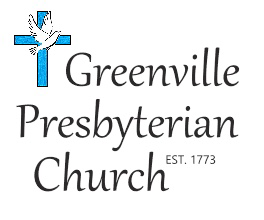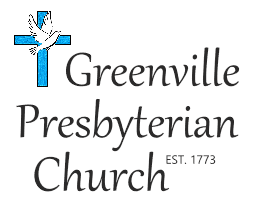|
The beginnings and ancestry of the Hebrew people comes to an end. As Jacob’s life comes to a close, we now understand where these people came from, how they came to be in Egypt, and their special relationship with God Almighty. They are certainly not a perfect people. They are definitely not known for honor. But they are wise; they are survivors; and above all, they are especially blessed.
Jacob’s description of God’s promise at Luz (Bethel, Genesis 28) ironically resembles the words spoken to Adam and to Noah, with a slight Abrahamic flavor – “be fruitful and increase in number”. In subtle, and not so subtle ways, the story of Genesis serves to trace the history of God and man, and the unique position of the nation of Israel. Some believe thewritings of the Pentateuch (first five books of our Bible) serve merely to establish the history and nationality of Israel and to present their right to possess the land of Canaan. I don’t believe this is the only purpose, but it certainly seems to be one. Through 50 chapters we see that this particular land was promised, repeatedly, by God himself to the ancestors of Israel. We see that, in addition, they have fairly bought or conquered portions of this land and their ancestors rightly retain that ownership. They’re forefathers are buried here. We also see, time and again, that through the generations their relatives, the ones inhabiting Canaan now, were cursed and predicted to be servants of Israel. The saga of God’s creation and his interaction with mankind is just beginning.
0 Comments
Leave a Reply. |
AuthorDonovan Campbell, pastor of Greenville Presbyterian Church in Donalds, SC. Archives
June 2020
Categories |

 RSS Feed
RSS Feed
